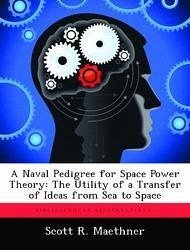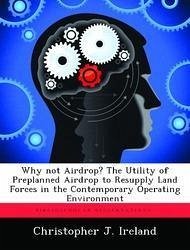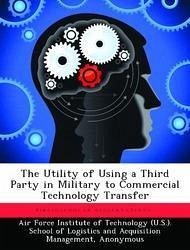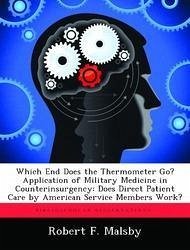Nicht lieferbar
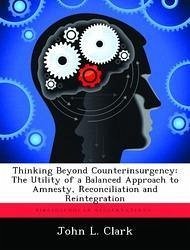
Thinking Beyond Counterinsurgency: The Utility of a Balanced Approach to Amnesty, Reconciliation and Reintegration
Versandkostenfrei!
Nicht lieferbar
This paper explores the military's role in the processes of amnesty, reconciliation and reintegration (AR2). Its premise is that while the US and UK have devoted considerable intellectual energy and treasure to dealing with the current counterinsurgencies in Iraq and Afghanistan, little thought appears to have gone in to what happens once stability and a legitimate government have been restored. In fact, it is clear that in the long term, counter insurgency (COIN) operations are usually just the first step toward conflict resolution which is concluded with the culmination of the amnesty, recon...
This paper explores the military's role in the processes of amnesty, reconciliation and reintegration (AR2). Its premise is that while the US and UK have devoted considerable intellectual energy and treasure to dealing with the current counterinsurgencies in Iraq and Afghanistan, little thought appears to have gone in to what happens once stability and a legitimate government have been restored. In fact, it is clear that in the long term, counter insurgency (COIN) operations are usually just the first step toward conflict resolution which is concluded with the culmination of the amnesty, reconciliation and reintegration processes. This study examines the relationship between COIN operations and AR2 processes and assesses the military's role in both. The primary vehicle it uses to do this is a case study of conflict resolution in Northern Ireland since 1969. While the circumstances and events in Northern Ireland are distinct, if not unique from those in other contemporary instances of conflict resolution (not least as they took place in the context of a western liberal democracy), they point to some generic principles. In the first instance, conflict resolution in Northern Ireland was ultimately aided by an approach that balanced political, economic and military developments in the context of a society. While the UK government's initial overreliance on a security solution served mainly to further divide and impoverish Northern Irish society, resolution of the 'troubles' ultimately came about by political developments encouraged by economic incentives. Within this framework, the role of the military (as a subordinate element of the security forces) was, through a COIN operation, to lay the foundations for the AR2 that followed. In particular, the military needed to become cognizant of the possible negative impacts of some aspects of COIN operations on the AR2 processes. In addition to the evolving use of military power, the UK government also came to realize the eff




